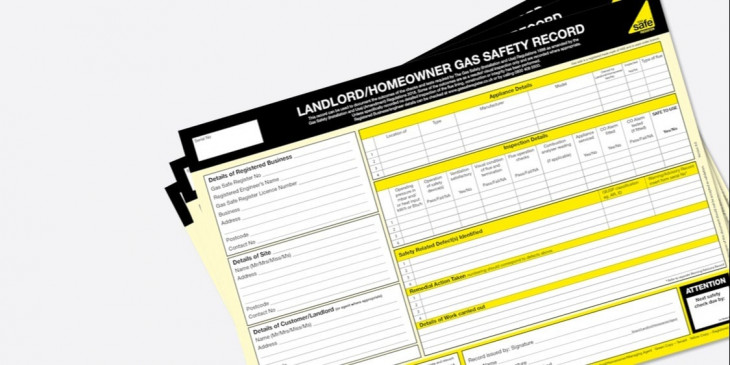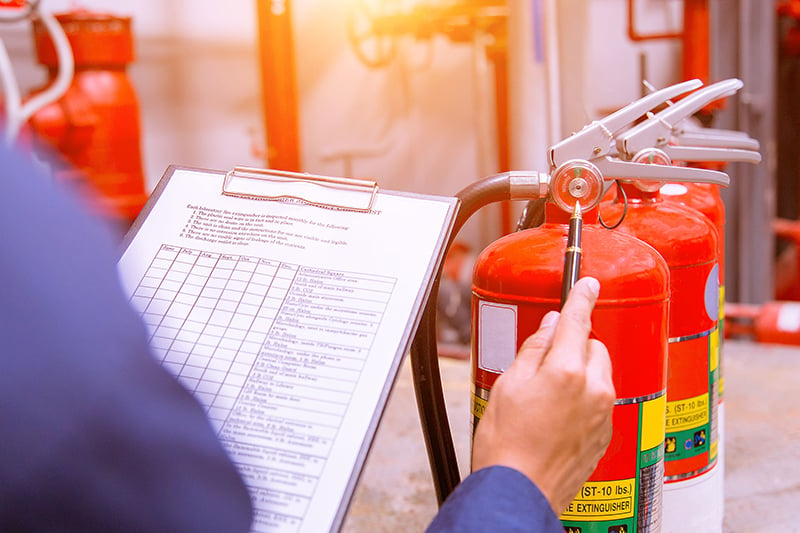- Home
- Electrical Certificates
- Gas Services
- Fire Services
- Residential
- Commercial
- Fire Door Certification for Commercial Properties in London | Ensure Fire Safety Compliance
- Emergency Lighting Certification for Commercial Properties in London | Landlord Safety Certificate
- Fire Risk Assessment Commercial
- Fire Alarm Certificates for Commercial Properties in London | BS 5839-1 Certified Compliance
- Property Services
- Asbestos
- EPC
- Blog
Other Articles
Why Does My Boiler Keep Turning Off? Common Causes & How to Fix It
Understanding Why Your Boiler Keeps Turning Off
Boilers are essential for home heating and hot water, but when they start shutting down unexpectedly, it can be frustrating and inconvenient. A boiler that turns off repeatedly is often trying to protect itself from damage due to internal issues. Understanding these problems can help you troubleshoot and fix the issue before it escalates.
If your boiler keeps shutting off and you’re also experiencing other signs of malfunction, such as strange noises or inconsistent heating, you may want to read 4 Warning Signs That Indicate Your Boiler Needs Repair to determine if a professional inspection is necessary.
How Boiler Safety Features Work
Modern boilers are equipped with several safety mechanisms to prevent overheating, pressure buildup, and gas leaks. When the system detects an issue, it shuts down to avoid potential hazards. Some common safety features include:
Pressure Relief Valves – Prevents excessive pressure buildup.
Thermostats & Temperature Sensors – Regulates the boiler’s temperature.
Flame Sensors – Ensures the burner is functioning properly.
Automatic Shut-Off – Activates if irregularities are detected.
If your boiler is frequently turning off, it’s essential to identify the root cause and take the necessary steps to fix it.
Common Reasons Your Boiler Keeps Turning Off
Low Water Pressure
Boilers require a certain pressure level to function correctly. If the pressure is too low, the system may shut down to prevent damage.
Signs of Low Pressure:
Noisy pipes
Radiators not heating properly
Boiler pressure gauge reading below 1.0 bar
How to Fix It:
Check for leaks in the system.
Repressurize the boiler using the filling loop.
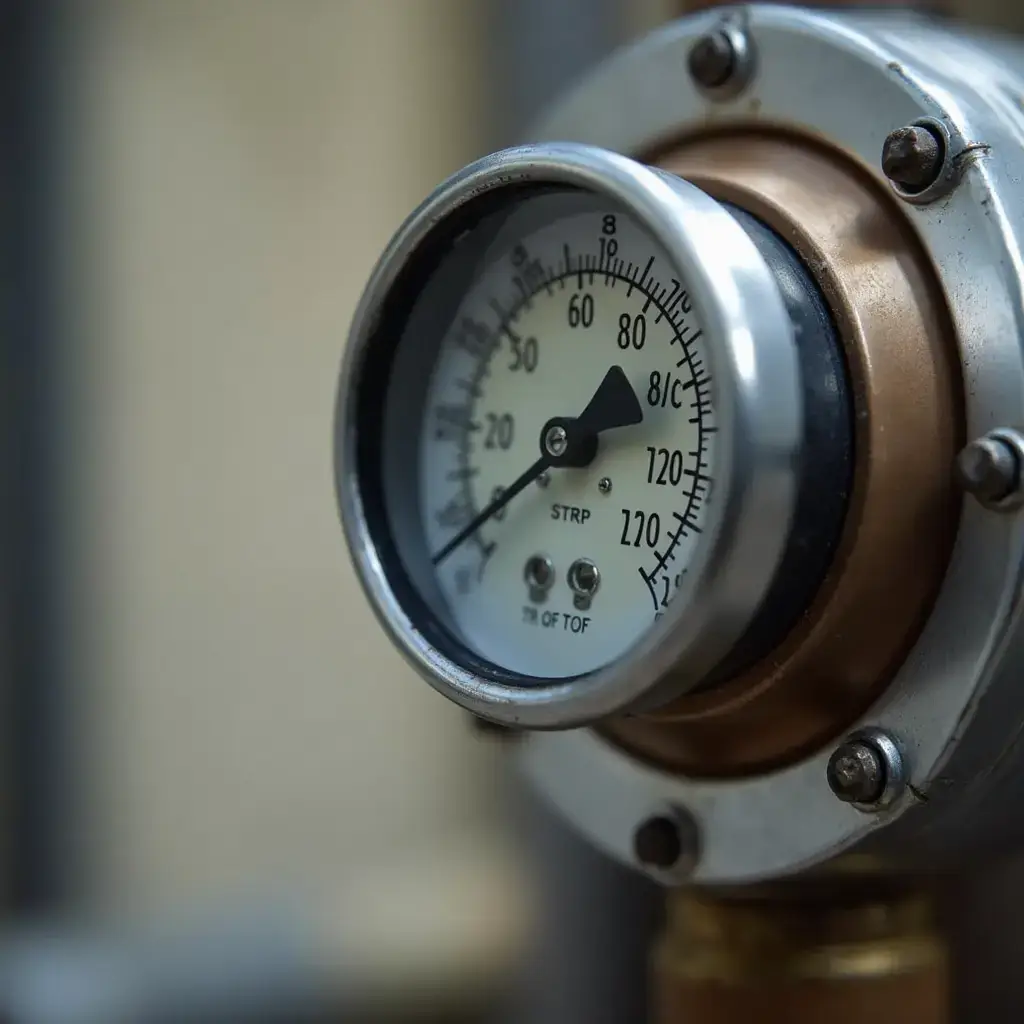
If your boiler keeps losing pressure despite repressurization, check out Why Does My Boiler Keep Losing Pressure? for more in-depth troubleshooting steps.
Faulty Thermostat
A malfunctioning thermostat can cause the boiler to misread temperature settings, leading to frequent shutdowns.
How to Identify a Faulty Thermostat:
Inaccurate temperature readings
Heating turns off prematurely
Thermostat display errors
Solution:
Reset the thermostat and check if the issue persists.
Replace it with a new, properly calibrated thermostat.
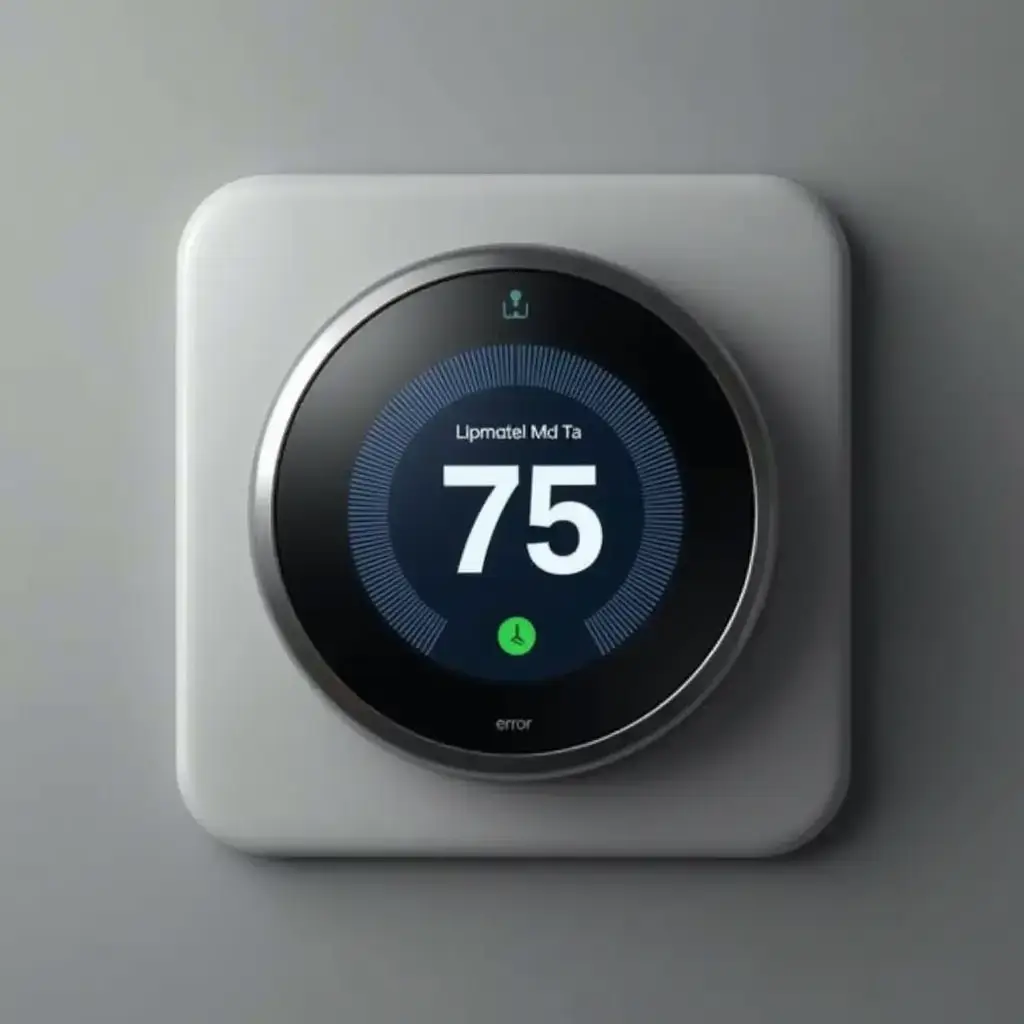
Blocked Heat Exchanger
Over time, sludge and limescale can clog the heat exchanger, causing the boiler to overheat and shut down.
Symptoms of a Blocked Heat Exchanger:
Unusual banging noises (kettling)
Uneven heating
Reduced efficiency
How to Fix It:
Power flush the system to remove sludge buildup.
Install a magnetic filter to prevent future blockages.
If you suspect high pressure might be causing your boiler issues, check out 4 Ways to Lower High Boiler Pressure for solutions.
Air in the System
Trapped air prevents water from circulating properly, causing temperature imbalances and system shutdowns.
Signs of Air in the System:
Gurgling or bubbling noises in radiators
Cold spots in radiators
How to Fix It:
Bleed your radiators to release trapped air.
Ensure proper venting in the system.
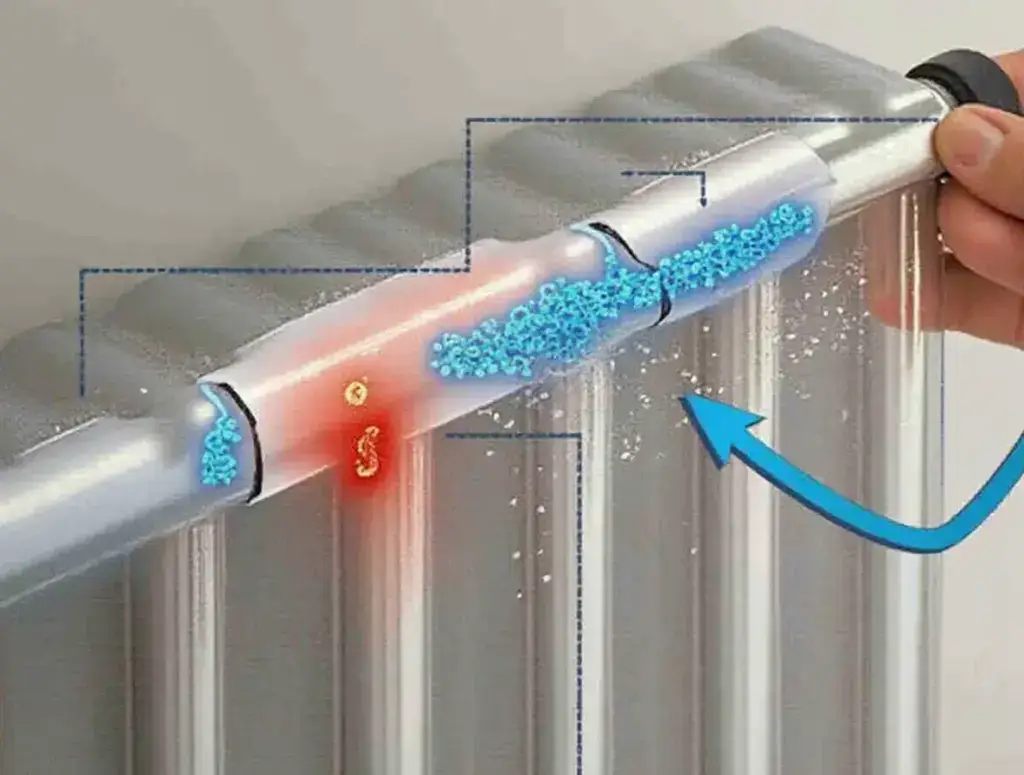
Gas Supply Issues
If your gas supply is interrupted or fluctuates, the boiler will automatically shut off for safety.
Common Gas Supply Problems:
Low gas pressure from the main supply
Gas valve malfunction
Blocked gas line
Solutions:
Check your gas meter and regulator for issues.
Contact your gas supplier if the problem persists.
If your boiler works but you have no hot water, read Boiler is Working But No Hot Water – Fixing Low Flow Rates to troubleshoot common flow-related problems.


